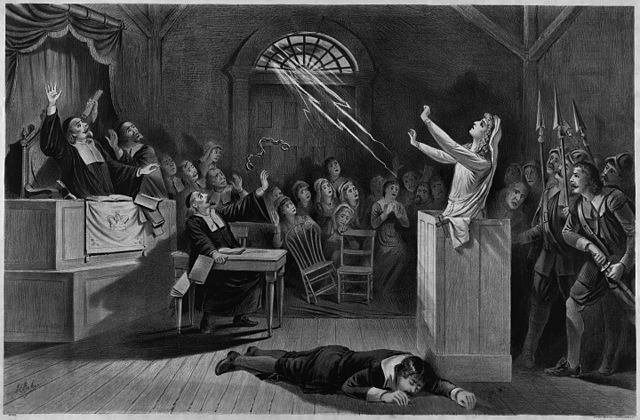- 3-minute read
- 10th August 2018
Word Choice: Which vs. Witch
There are up to a million words in the English language. We probably shouldn’t be surprised, then, that some of these words sound similar to one another, such as “which” and “witch.”
But although “which” and “witch” sound alike, they have very different meanings. So to avoid errors in your written work, check out our guide below on how they should be used!
Which (Relative Pronoun and Asking Questions)
In American English, “which” is mainly used when introducing a non-restrictive relative clause. This is a clause given after a comma to add extra information about something. For example:
I’m going to the see the movie, which my brother directed.
Here, “which” introduces a clause that provides extra information about the movie (i.e., that my brother directed it). Be careful only to use “which” with non-restrictive clauses, as “that” is typically used for restrictive clauses (i.e., clauses that help identify something) in American English.
Another use of “which” is to ask questions. In particular, we use it to ask for information that specifies one or more people or things from a group or collection. For instance:
Which movie are you going to see today?
In this case, we’re asking which among all of the movies currently showing someone is going to see.
Witch (Woman with Magic Powers)
Traditionally, a “witch” was a woman thought to have magic powers. The standard image we have of a witch these days, for instance, is an evil old woman with a pointy hat and a broomstick:
Find this useful?
Subscribe to our newsletter and get writing tips from our editors straight to your inbox.
My daughter dressed up as a witch for trick-or-treating last year.
Most people don’t believe in “evil” witches anymore. However, there are some who follow the Wicca religion who refer to themselves as “witches.” They don’t all wear pointy hats, though.

Which or Witch?
These words are very different in practice, so it is important not to mix them up! One way to tell them apart is to think of “which” as a question word.
This can help because it starts with “wh-,” just like other words we use to ask questions, such as “what,” “why” and “where.” Even if you are introducing a relative clause, this technique can still remind you which word is correct.
“Witch,” meanwhile, typically refers to a female magic user. Remember:
Which = Relative pronoun or asking questions
Witch = Woman with magic powers




